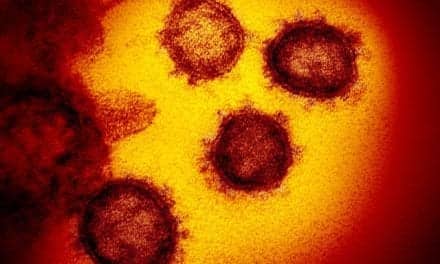A new University of California, San Francisco (UCSF), study finds that asthma may have a surprising relationship with the composition of the species of bacteria that inhabit bronchial airways, a finding that could suggest new treatment or even potential cures for the common inflammatory disease. The findings have been published in the Journal of Allergy and Clinical Immunology.
Using new detection methods, the researchers found that the diversity of microbes inside the respiratory tract is vaster than previously suspected—creating a complex and inter-connected microbial neighborhood that appears to be associated with asthma, and akin to what has also been found in inflammatory bowel disease, vaginitis, periodontitis, and possibly even obesity.
Contrary to popular belief, the researchers also learned that the airways are not necessarily entirely sterile environments, even in healthy people, while the airways in asthmatics are infected by a richer, more complex collection of bacteria. According to the researchers, these findings could improve understanding of the biology of asthma and potentially lead to new and much-needed therapies.
“People thought that asthma was caused by inhalation of allergens but this study shows that it may be more complicated than that—asthma may involve colonization of the airways by multiple bacteria,” said Homer Boushey, MD, study co-author and professor of medicine in the pulmonary and critical care medicine division at UCSF.
Source: University of California, San Francisco








